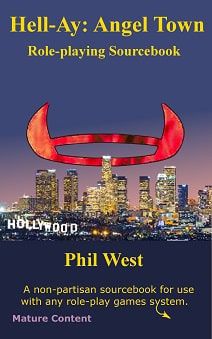
Codex Pragmaticus

By the Author of the Scrapboard : | |
|---|---|
 | Attack, Avoid, Survive: Essential Principles of Self Defence Available in Handy A5 and US Trade Formats. |
 | |
 | Crash Combat Second Edition with additional content. Epub edition Second Edition with additional content. Crash Combat Third Edition Epub edition Third Edition. |
 | |
 | |